On April 11, 2025, disturbing violence erupted in West Bengal’s Murshidabad district. Under the pretext of opposing the Waqf Amendment Act, a large Muslim mob targeted the Hindu community, looting homes and attacking people. As a result, hundreds of Hindus were forced to flee their homes and take shelter in Malda. The state machinery, led by the Trinamool Congress government, remained largely inactive.
Shockingly, not a single prominent leader from the INDIA alliance – a coalition that often claims to stand for “secularism and justice” – condemned the violence or spoke up for the displaced Hindu families. Instead, the same leaders have been posting tweets and making emotional appeals for Palestinians in Gaza, while ignoring human rights violations happening within Indian borders.
Where is the Voice for Hindus?
This silence raises several serious questions:
Why is there no outrage from the INDI alliance when Hindus are forced to migrate from their own homeland?
Why is there a deafening silence from Rahul Gandhi, Priyanka Gandhi Vadra, and Arvind Kejriwal on the Murshidabad incident?
Is this selective activism driven by appeasement politics?
The Murshidabad attack was not a minor event. It involved mass violence, religious targeting, and displacement – all key human rights issues. Yet, none of these leaders who claim to stand for humanity found it necessary to condemn this incident.
Loud for Gaza, Mute for Murshidabad
Let’s take a look at how these same leaders reacted during the Gaza crisis:
- Rahul Gandhi called Israel’s actions “crimes against humanity.”
- Priyanka Gandhi Vadra gave a lengthy statement accusing the Israeli government of genocide and barbarism.
- Asaduddin Owaisi criticized the Indian government for abstaining from a UN vote on Gaza.
- Mallikarjun Kharge reiterated Congress’s long-standing support for Palestine and demanded global accountability.
- MK Stalin, Kapil Sibal, Sashi Tharoor, and Jairam Ramesh all issued tweets and statements condemning Israel.
- Arvind Kejriwal made a public appeal to bring back Indians from conflict-hit zones abroad.
They raised their voices for another country, another religion, another cause- but when Hindus in Murshidabad were attacked by Islamist mobs, these voices vanished.
It is becoming increasingly clear that the INDIA alliance is picking and choosing causes that align with vote-bank politics. The silence on Murshidabad is not just a coincidence – it reflects a pattern. Time and again, this alliance has avoided taking a stand when the victims are Hindus.
This pattern exposes the double standards of those who speak loudly on global issues but fail to stand up for their own people. Can a leader who stays silent when his own countrymen are attacked truly claim to care about human rights?
The Double Standards Must Be Questioned
This raises more questions for the voters and the nation:
Is the INDIA alliance only interested in speaking when the narrative suits their political agenda?
Do Hindu victims not deserve the same sympathy and outrage?
Are these leaders more loyal to international causes than to the people of their own land?
The hypocrisy is not only shameful but dangerous. When political leaders prioritize foreign conflicts over domestic atrocities, they send a message that some lives matter more than others.
India is a country that believes in “Vasudhaiva Kutumbakam” – the world is one family. But charity begins at home. If political leaders fail to stand with their own people in times of crisis, their credibility on global platforms also stands exposed.
The Murshidabad incident should have been a moment of unity against hate and violence. Instead, it became a mirror that exposed the selective activism of the INDI alliance.

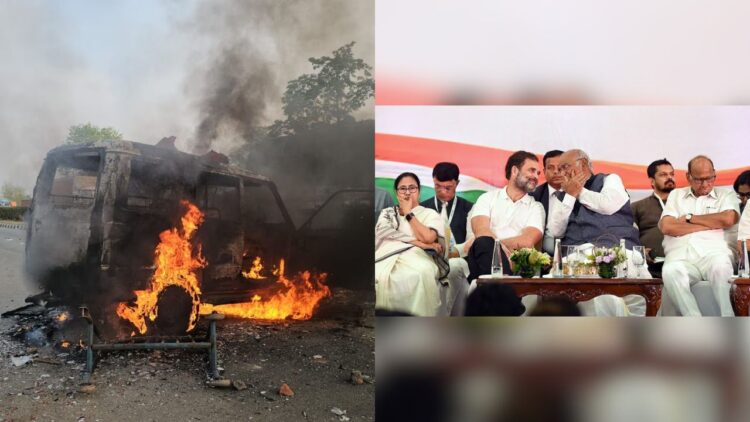
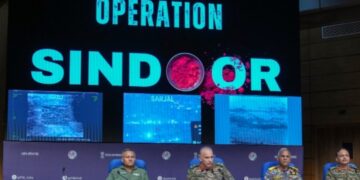
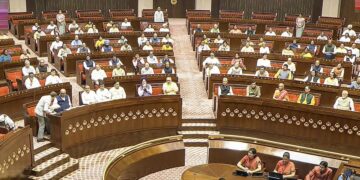

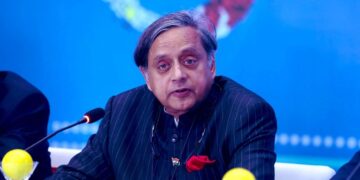
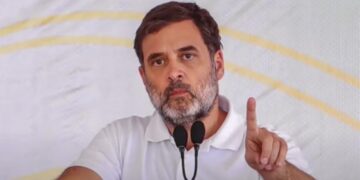










Comments